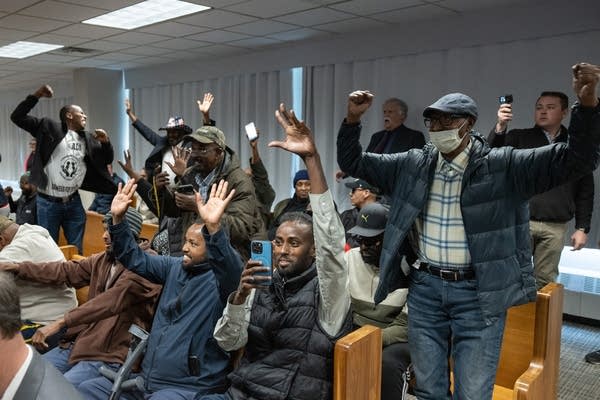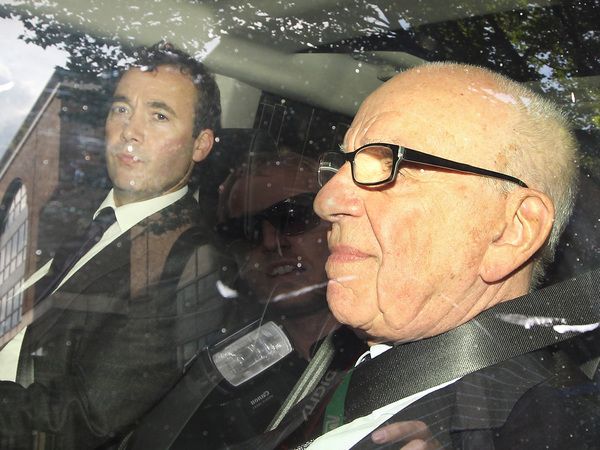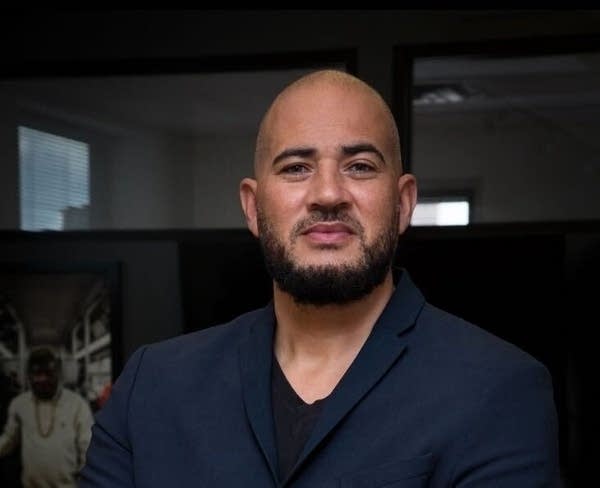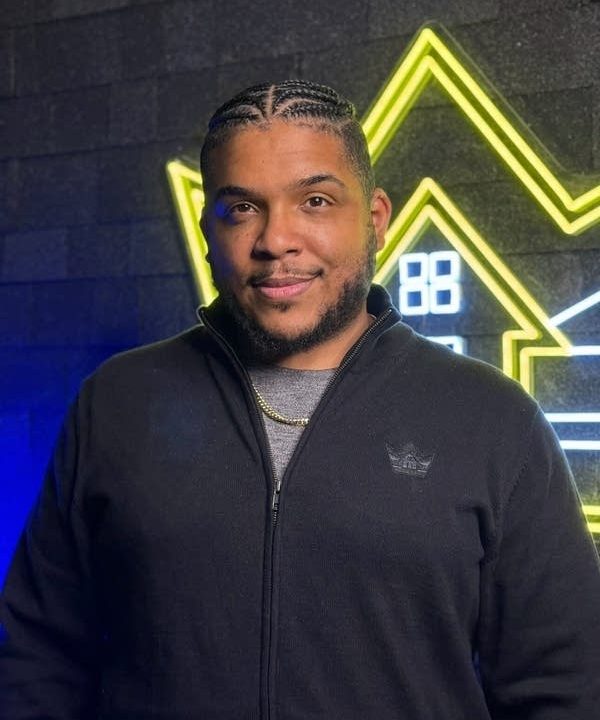
Minneapolis Uber, Lyft driver pay ordinance may face reconsideration vote next month
March 20, 2024
Rupert Murdoch and new 'Washington Post' CEO accused of cover-up in hacking scandal
March 21, 2024As part of its tweaks to the law that legalized recreational cannabis, the Minnesota Legislature is considering allowing so-called social equity applicants to get business licenses early — a way to give these entrepreneurs a head start ahead of cannabis sales going live in 2025.
Anthony Newby, a Minority Cannabis Business Association member and CEO and founder of Cultivated CBD, says recognizing these applicants as a priority is a step in the right direction by the Office of Cannabis Management and the state.
“I think it’s an effort to reverse the impacts of the war on drugs,” Newby said. “So this is an effort to reverse some of those damages and start with communities and operators that may have been most impacted. Allow them to get into operation; allow them to compete early.”
Social equity applicants include people whose family or themself has a marijuana conviction, historically underrepresented communities, Minnesotans living in low-income areas and service-disabled veterans, according to a bill in the House.
Original legislation required 100 percent of majority owners to be social equity applicants to qualify. The current text knocks that down to 65 percent — but it doesn’t concern Newby.
“We actually think it’s a good thing,” he said. “Part of the issue is cannabis can be incredibly capital intensive, meaning it requires a lot of money to operate in the space … And so what often happens in other states is minority social equity applicants will start at a certain position of ownership, but very quickly realize they need to raise more capital, go to the capital market and they give up their equity. And that’s an age-old story.”
Several years in, Newby pointed out, many other states have few remaining social equity applicant businesses due to the financial hurdles. He believes the current bill would allow private capital to support such applicants, but with good limitations.
One point of concern for Newby is a potential switch from a merit point-based system for licensure to a lottery leading to gamesmanship.
“There’s lots of social equity applicants like myself that have sort of followed the rules, tried to do the right thing, build a business based on merit and hard work,” Newby said. Arizona rolled out equity licensure, but “the lottery actually turned out to be a mechanism whereby these investors swooped in and propped up straw men into the lottery pool. And those that won ended up losing their licenses and losing control.”
Within two years of the launching the program, more than 40 percent of social equity licenses are owned by Arizona corporate dispensaries, according to the Arizona Center for Investigative Reporting.
In Minnesota, Newby wants to see more merit-based work inserted back into the program to avoid a similar situation.
“The question is, how long before consumers can walk into a legal store, a legal market, buy safe recreational cannabis in all parts of the state? The time is ticking. And we’re hopeful that the things that they’re doing today will provide a stable market in the future.”





